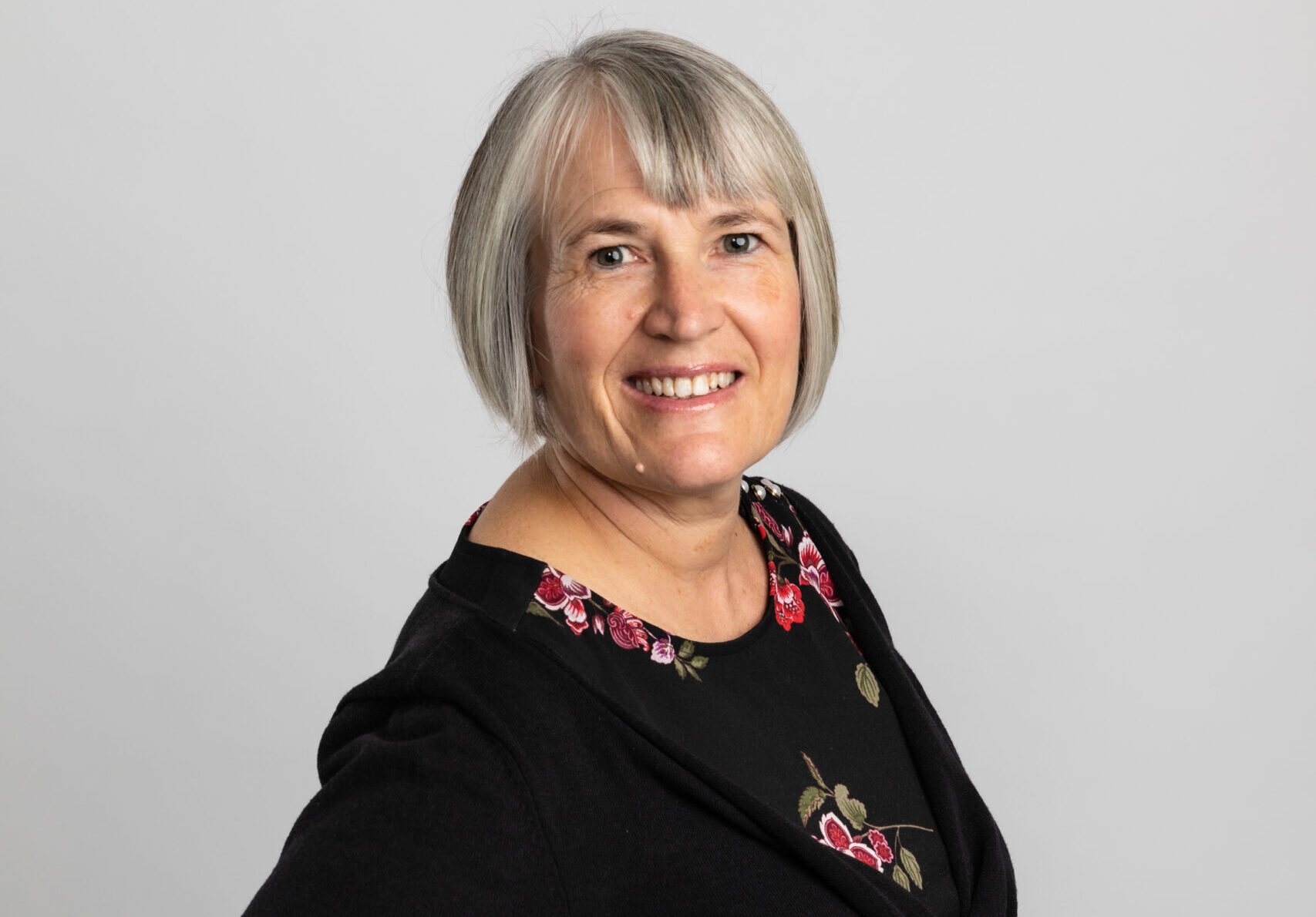Posted 28 September 2022

Professor Louise Purton, one of Australia’s leading blood disease researchers, has recently been awarded a Cancer Australia grant to improve therapies for myelodysplastic syndromes (MDS).
“All blood cells originate from blood-forming stem cells,” say Louise. “MDS are a type of malignant blood cell diseases that occur due to a change in the blood-forming stem cell, causing it to become cancerous.”
Approximately 2,300 Australians are diagnosed with MDS each year, and 30 per cent of MDS patients will go on to develop another blood cell cancer, secondary myeloid leukaemia.
Currently, the only cure for MDS is via stem cell transplant; unfortunately, the majority of MDS patients diagnosed are more than 60 years old, and for most of them, it is then too late to undergo a stem cell transplant as their bodies are less likely to cope with the procedure. Furthermore, up to 50% of MDS patients who are eligible for a stem cell transplant will not be able to have one because they cannot find a suitable match from a healthy donor – this is important to prevent the donor blood cells from recognising that the patient is foreign.
“A therapeutic treatment is long overdue for MDS sufferers,” said Louise, who has been studying MDS for 10 years.
In previous research funded by the Leukaemia Foundation, Cancer Council Victoria and Zig Inge Foundation, Louise discovered that overexpression of a protein called HOXA1 in blood-forming stem cells causes them to become cancerous. Subsequent studies funded by Cancer Council Victoria enabled additional research to identify drugs that are already approved for use in the clinic for other diseases that might be used to treat MDS. Some of these drugs have shown promise in their effects on the MDS stem cells in studies in the lab, however, they also affect healthy stem cells. The next step is to identify “targeted” therapies that specifically affect the cancerous stem cells and spare the healthy stem cells. This is the best chance for a cure.
Louise’s new Cancer Australia grant will enable her to take these research findings to the ‘next level’, and identify potential therapies to inhibit, or significantly reduce, the activity of HOXA1 in the cancerous stem cells, providing this much-needed targeted therapy.
“I have assembled an impressive team of collaborators with expertise in other research fields that collectively maximise our capacity to identify drugs that might cure, or significantly improve outcomes for, patients with MDS. To identify the new drugs, I’ll be working with Dr Jess Holien, a structural biologist from RMIT University who works in drug design, to identify drugs that can alter HOXA1 activity. Dr Davis McCarthy, a computational biologist who leads SVI’s Bioinformatics & Cellular Genomics Lab will help me to identify proteins that are altered in the cancerous stem cells and not the healthy ones,” said Louise. “Our collaborators, Dr Mike Gorman and Prof Michael Parker have assisted us in previous research on the HOXA1 protein that has led to the current project.”
“These studies will help us to identify candidate therapies to target the HOXA1-overexpressing blood-forming stem cells. My team and I will trial these potential therapies in the lab on bone marrow and blood-forming stem cells from both mouse MDS models and MDS patients, in addition to healthy controls. Dr Lynette Chee, a clinician at Royal Melbourne Hospital, will lead any future clinical trials that eventuate from this research.”
“Our hope is that some of these therapies could potentially alter the activities of HOXA1 (or alternatively, proteins that it subsequently controls the production of) in the cancerous cells – without impacting healthy stem cells. If we can do that, there is a strong chance the therapies may be used to treat other cancers as well, because HOXA1 is increased in a range of other cancer types.”
Louise was recently the first Australian female researcher to be awarded the prestigious McCulloch and Till Award from the International Society for Experimental Hematology in recognition of her exceptional contributions to blood and stem cell research.
Professor Purton and her team are grateful for support from the Leukaemia Foundation, Cancer Council Victoria and Zig Inge Foundation in the development of this project.